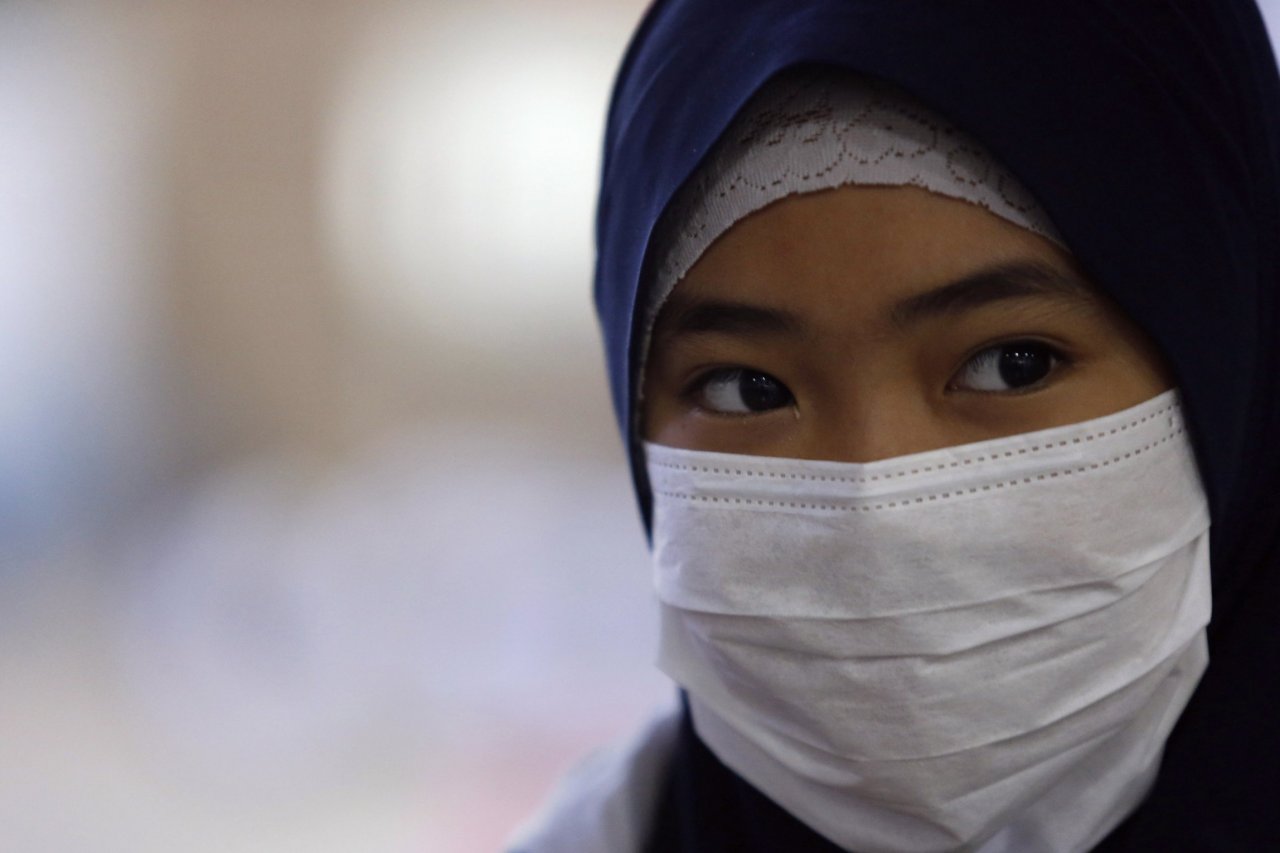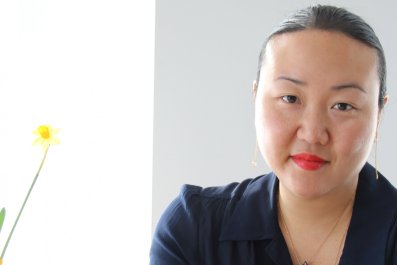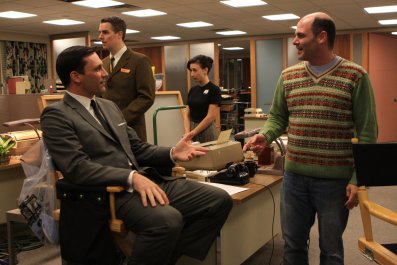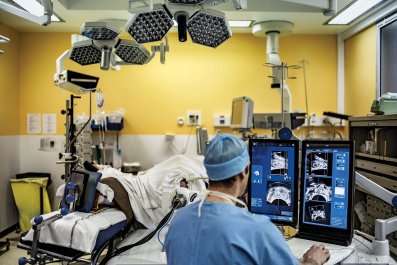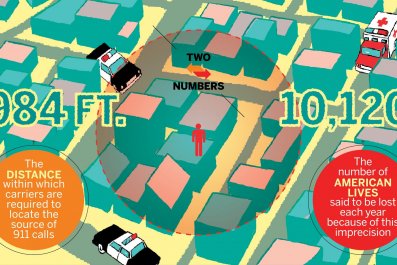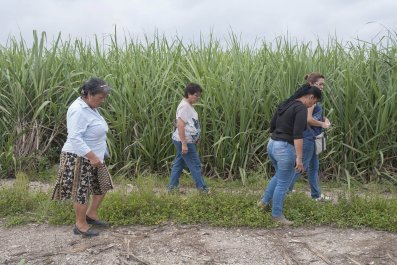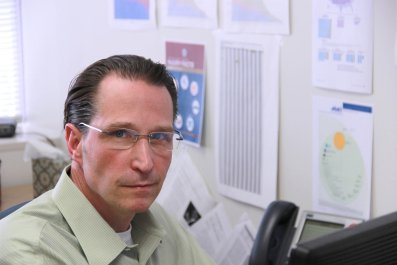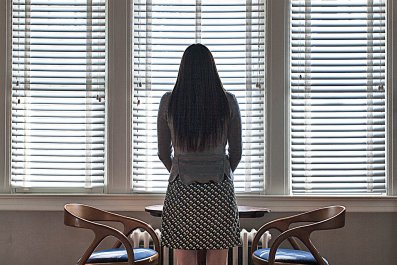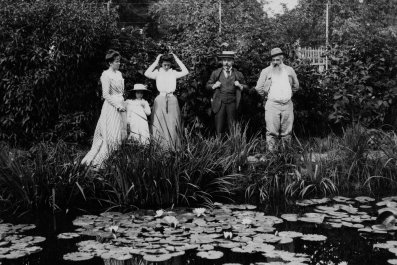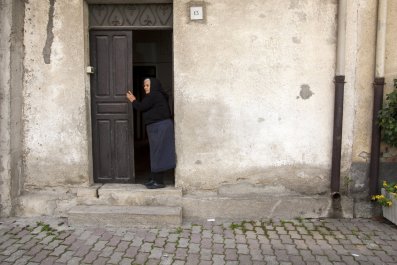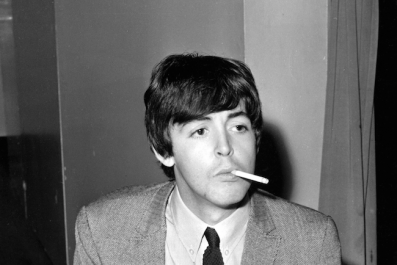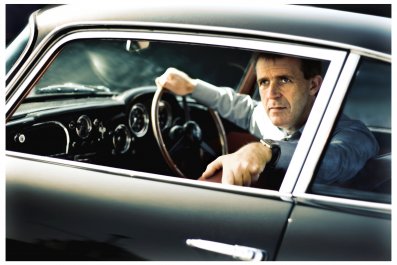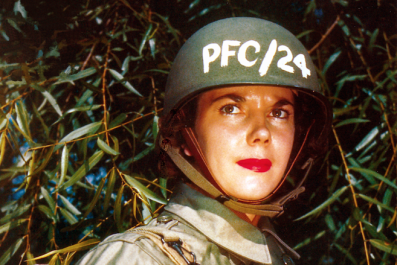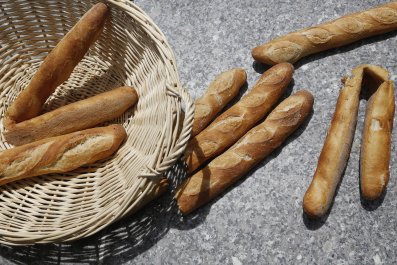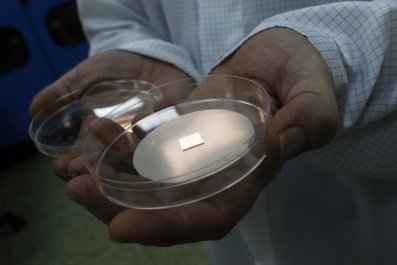There was a glorious and liberating moment for parents about 10 years ago when we were told the job had got too clean. All that mollycoddling was doing more harm than good: we should let them take risks, play in the dirt, go in the sun bare-skinned and pick their noses. The last was a particular joy – ever tried to keep a toddler's finger out of their nose? It fits perfectly, which tells you something.
The science was convincingly simple. The bacteria collected in the nose-pickings were essential, when they found their way to the mouth, to help small humans cultivate antibodies, resist diseases and avoid allergies. So bogeys and mud were in – all that anti-bacterial wiping and antibiotic guzzling was over. Another 20th-century folly. The clincher came when it turned out that nut allergy had soared once we stopped small children eating nuts.
Science writer Alanna Collen's fascinating study of the intertwined lives of microbes and humans, 10% Human, is a manual for the new, healthy way of being dirty. The message will chime with anyone who can see that modernity's promise of a technological fix for everything was flawed. There's no doubt we've behaved very inhospitably to the other organisms we host in our bodies – their cells outnumber ours by nine to one, hence the book's title – and done ourselves harm in the process. Read it, and you will learn to love your microbiota.
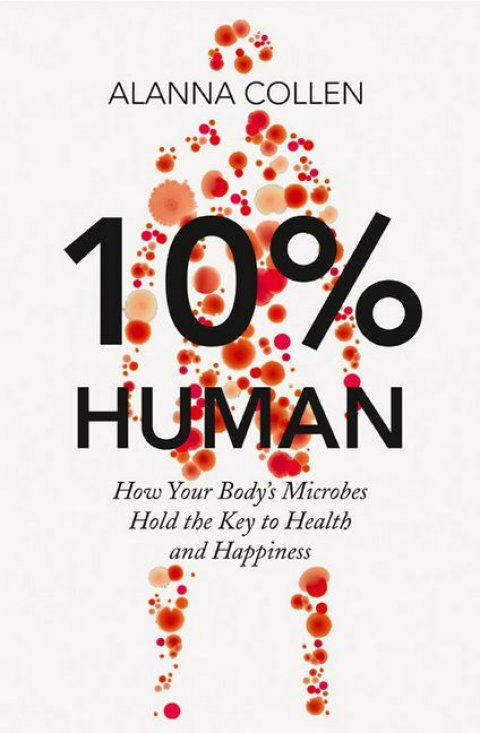
Where exhausted parents – and mainstream science – may part company with Collen, though, is over her determination to ascribe so many modern ills to the war humanity has waged against microbial life, especially the "100 trillion friendly little creatures" inside us.
While we can all agree that antibiotics have been desperately overused, is the damage they've done to our gut flora really the cause of the obesity epidemic? Must we really accept that autism and diabetes in children born by caesarian is because they missed out on the faecal microbes in the birth canal? There are other more convincing explanations.
Still, Collen argues her case with vivid narrative and a nose for the white-coated charlatans who crowd any health debate if there's money to be made. She gives short shrift to the flogging of probiotic yoghurts and urges us to challenge the doctors who hand out antibiotics willy-nilly.
She delves also into some exciting and novel solutions for those of us suffering from a dull gut life: how about reviving it with a transplant of a more healthy person's faeces? Can't wait to see the first paparazzi shots of a celebrity emerging from the clinic having had their poo-swap done.



